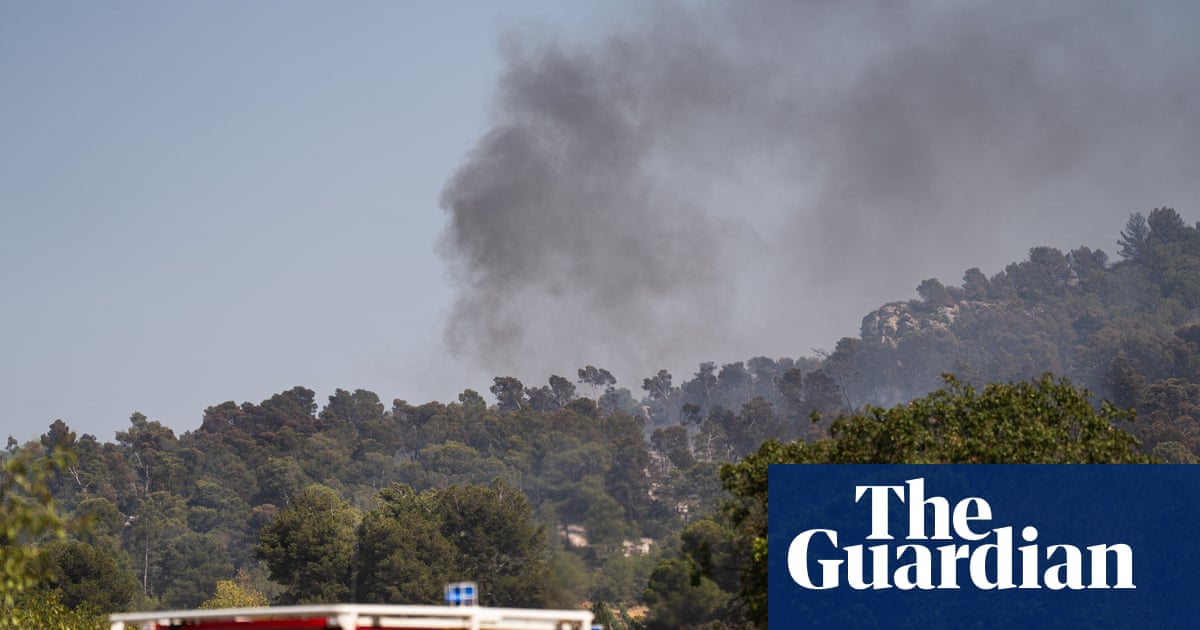Europe Grapples with Extreme Heatwave, Wildfires, and Evacuations
Europe faces an extreme heatwave with temperatures soaring to 43°C, triggering wildfires and evacuations across multiple countries, including red alerts issued in France.
Subscribe to unlock this story
We really don't like cutting you off, but you've reached your monthly limit. At just $5/month, subscriptions are how we keep this project going. Start your free 7-day trial today!
Get StartedHave an account? Sign in
Overview
- An exceptional heatwave is currently gripping Europe, causing temperatures to soar dramatically, with some areas reaching as high as 43 degrees Celsius (109.4 degrees Fahrenheit).
- These extreme temperatures are directly fueling widespread wildfires across the continent, posing significant threats to natural landscapes and populated areas, requiring urgent response.
- The escalating fire activity and intense heat have necessitated evacuations of residents in multiple affected countries to ensure their safety from the dangerous conditions and advancing flames.
- The French national weather authority has specifically issued red alerts for 12 departments, signifying the highest level of danger due to the exceptional and severe heatwave conditions.
- The ongoing heatwave's severe impact, marked by soaring temperatures, rampant wildfires, and widespread evacuations, underscores the critical challenges facing European nations currently.
Report issue

Read both sides in 5 minutes each day
Analysis
Center-leaning sources frame this story by consistently linking the severe European heat wave and wildfires to the broader context of climate change. They emphasize the record-breaking nature of the temperatures and Europe's accelerated warming, portraying the events as direct consequences of a rapidly changing climate rather than isolated weather phenomena. This creates a narrative of urgency and alarm.
Articles (3)
Center (1)
FAQ
The primary regions affected include southern France, the Western Balkans, Bulgaria, Montenegro, Turkey's northwest, Hungary, Spain, Portugal, Greece, and parts of Italy and the Iberian Peninsula.
Temperatures have soared up to 43°C (109.4°F) in parts of France, with record-breaking temperatures above 40°C reported across southern and central Europe including the Western Balkans and Hungary.
France issued red alerts—the highest heat warning—in 12 departments, canceled outdoor gatherings, closed public spaces, adjusted school and summer camp timetables, and deployed hundreds of firefighters to manage and monitor wildfires.
Europe is warming nearly twice as fast as the global average, with land temperatures about 2.3°C above pre-industrial levels, which intensifies heatwaves and fire seasons; 2025 is predicted to be one of the warmest years on record.
The heatwave poses severe health risks including heat-related illnesses and fatalities, leading authorities to issue high-level alerts to prevent deaths; heat-health warning systems are critical for saving lives during such events.
History
- This story does not have any previous versions.


